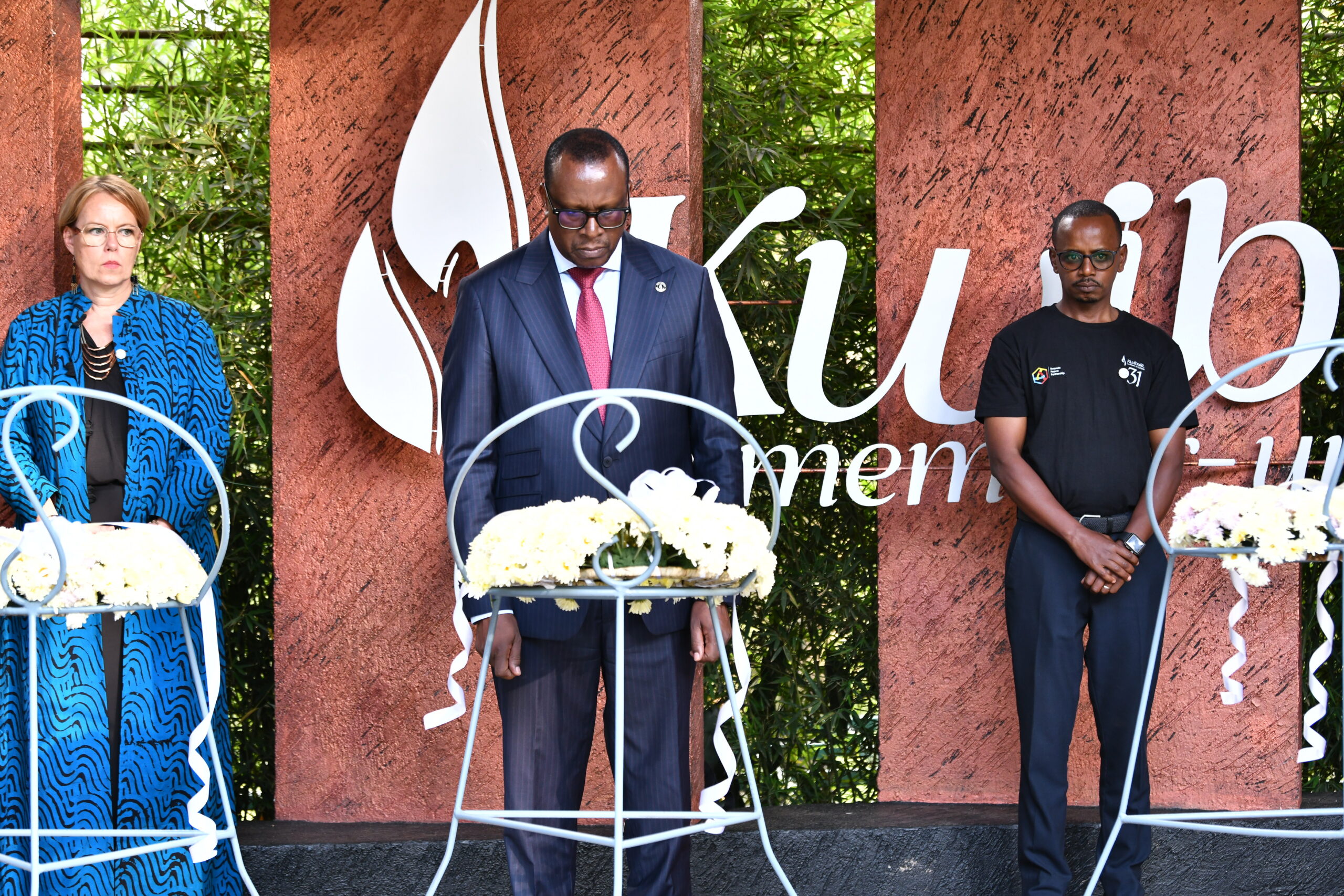
The Rwandan Minister of National Unity and Civic Engagement (MINUBUMWE), Dr. Jean Damascène Bizimana, has strongly criticized certain journalists and politicians whom he accuses of “killing with the pen and microphone” through their writings and broadcasts.
During a remembrance event held on Tuesday, May 10, 2025, at the Kigali Genocide Memorial in Gisozi, Dr. Bizimana called on civil society organizations—including Aegis Trust, Interpeace, and Never Again Rwanda—to work together to condemn journalists and politicians who, he said, hide behind human rights NGOs while spreading genocide denial and revisionism.
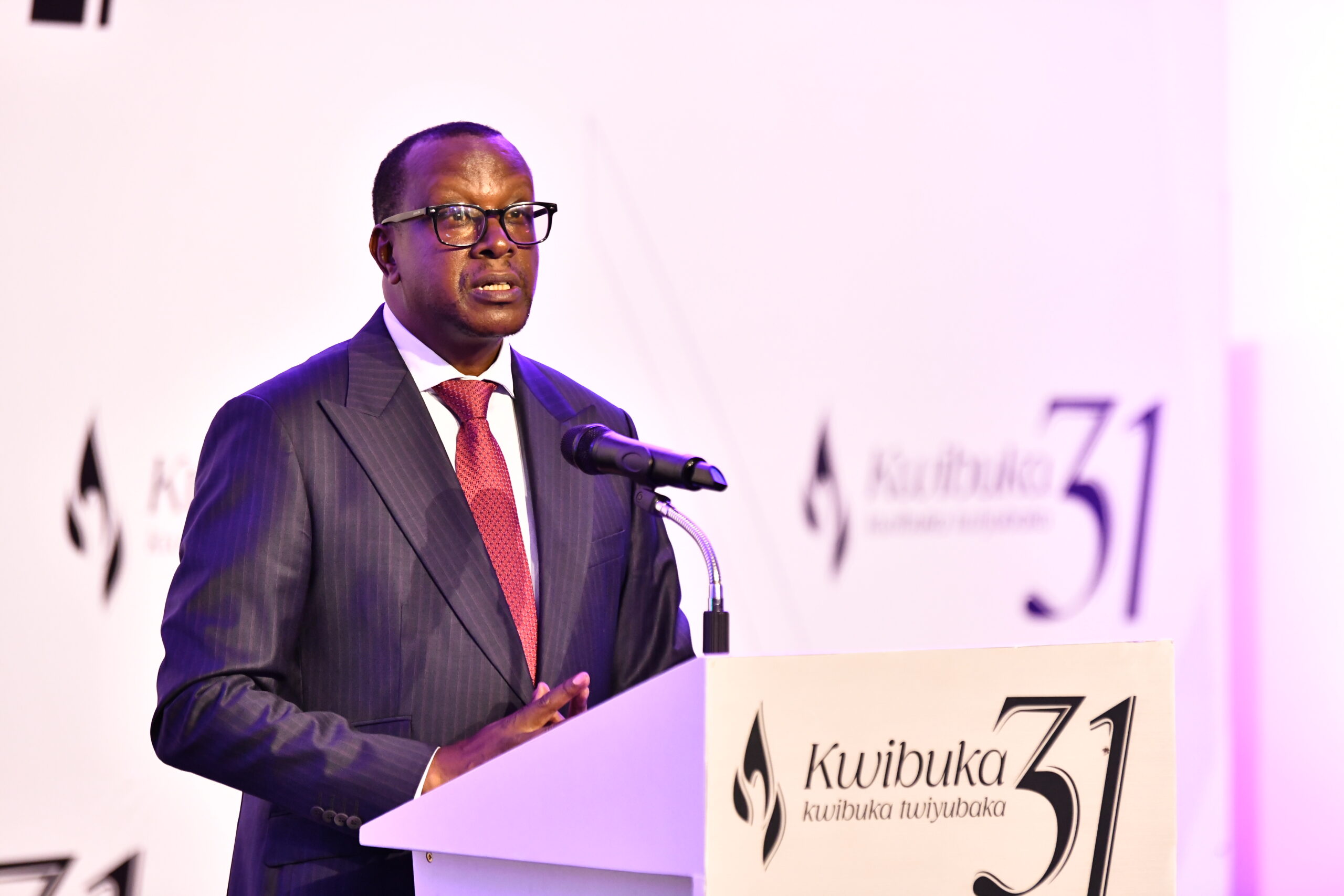
Dr. Bizimana named journalists from Voice of America (VOA) and BBC, including Etienne Karekezi, Eric Bagiruwubusa, and Ali Yusuf Mugenzi, as well as politicians like Paul Rusesabagina and Victoire Ingabire. He accused them of continuing to “kill” through their narratives and media content, under the guise of human rights advocacy.
“These are the worst killers,” he said. “During the time refugee camps were established in Congo, some Rwandan NGOs that promoted genocide ideology emerged. Radio stations like BBC Gahuzamiryango, Voice of America, and others named Gatashya and Irondelle began broadcasting from those camps.”
He added, “Some of the journalists who sought work at those stations included Ali Yusuf Mugenzi, Etienne Karekezi, and Augustin Hatari. Fortunately, Voice of America was recently suspended. But it was Etienne Karekezi who hired people like Eric Bagiruwubusa, who does not even dare to use the term ‘Genocide against the Tutsi.’”
According to the Minister, after VOA’s shutdown, Bagiruwubusa launched a YouTube channel where he continues promoting his controversial views.
In response to these allegations, journalist Eric Bagiruwubusa reportedly played for the Minister a VOA broadcast titled “Dusangire Ijambo”, aired on March 16, 2025, where various journalists explicitly referred to the “Genocide against the Tutsi,” countering the claim that VOA avoids the term.
Dr. Bizimana further criticized BBC journalist Ali Yusuf Mugenzi for expressing, on social media, a hatred for the ruling Rwandan Patriotic Front (RPF). “How can you be a journalist and say you hate a section of Rwandans? A journalist who harbors such hatred can no longer claim to be impartial or professional,” he stated.
The Minister also accused Etienne Karekezi of concealing his past, alleging that during the Genocide he aired an interview with then-Minister of Commerce Nzabahimana, which openly denied the Genocide against the Tutsi.
He claimed they portrayed areas controlled by the former Rwandan government army (Ex-FAR) as peaceful while atrocities were ongoing.
Dr. Bizimana called on civil society organizations to denounce journalists, politicians, and even youth descended from genocide perpetrators who form NGOs purportedly defending human rights but allegedly serve to advance denial and revisionist agendas. He warned that such actors are straining Rwanda’s diplomatic relations.
“Our society, which lived through genocide, will not be complacent with individuals like Victoire Ingabire who founds NGOs for political purposes, or Paul Rusesabagina who disguises political ambitions behind a humanitarian front,” he said. “Even foundations like the Lantos Foundation, which awards them prizes, must be called out—we cannot remain silent while they form political parties in disguise.”
He further accused organizations such as Jambo Asbl, Rwandan Rights, and the African Great Lakes Action Network (AGLAN) of promoting genocide denial, falsely claiming to be survivor-led while being founded by individuals like Alice and Claude Gatebuke, whom he identified as Hutu.
Dr. Bizimana warned that some of these politicians and journalists may eventually cross legal boundaries and face prosecution.
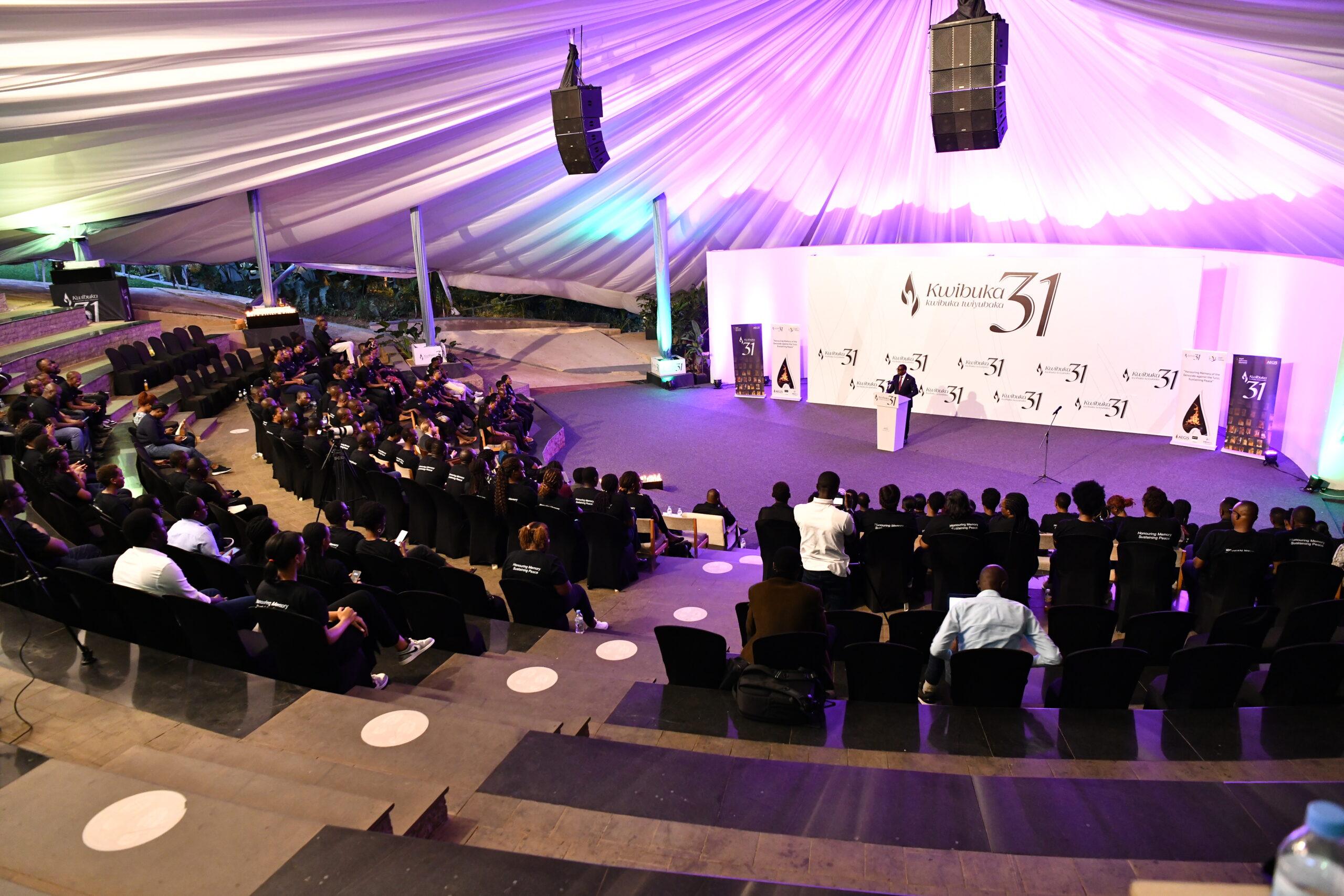
He urged Aegis Trust, Never Again, and Interpeace to uphold historical truth and use it as the foundation for educating partners and donors who might seek shortcuts to reconciliation without acknowledging the facts of the Genocide.
Frank Kayitare, Executive Director of Interpeace Rwanda, said their gathering aimed to strengthen collaboration with the Ministry and identify ways civil society can support national peacebuilding efforts.
He shared findings from a joint 2024 study with MINUBUMWE, which showed that Rwandans often feel stronger and more resilient when engaging in communal activities, but suffer from depression and fear when isolated at home, worrying that the trauma of the past may return.
“When alone, people tend to dwell more on their trauma. But when engaged in community work or job activities, it becomes easier to cope. That’s why we are here, we have initiated family-based healing and encourage parent-child conversations,” Kayitare said.


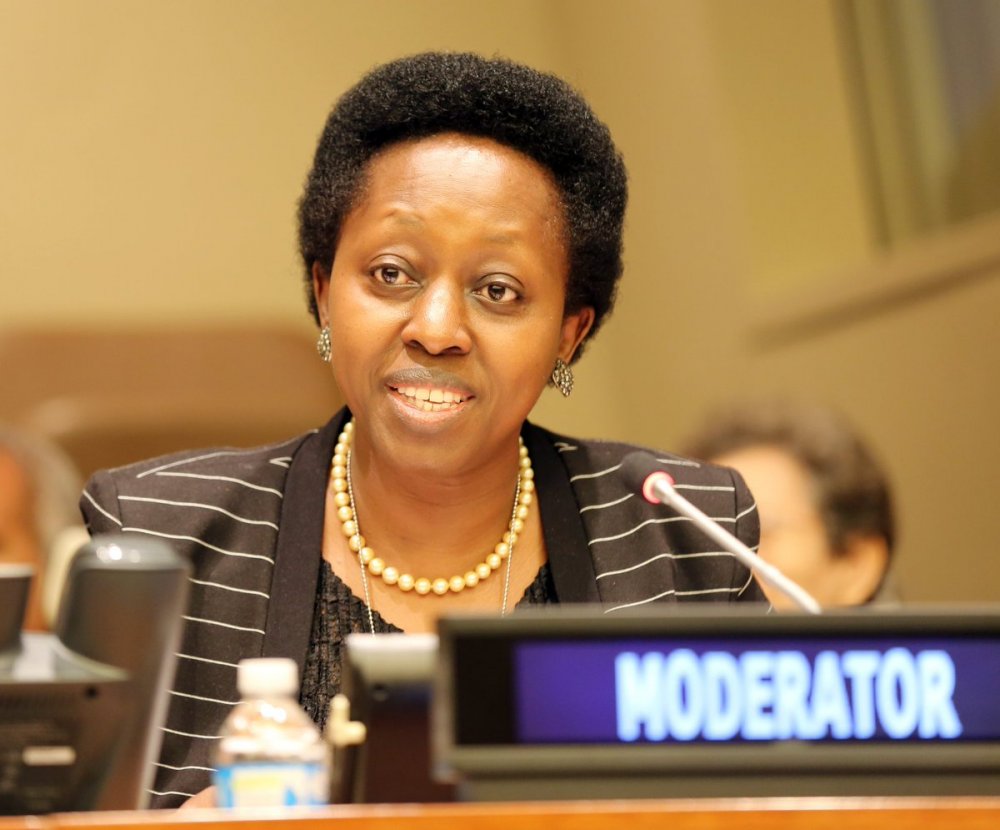
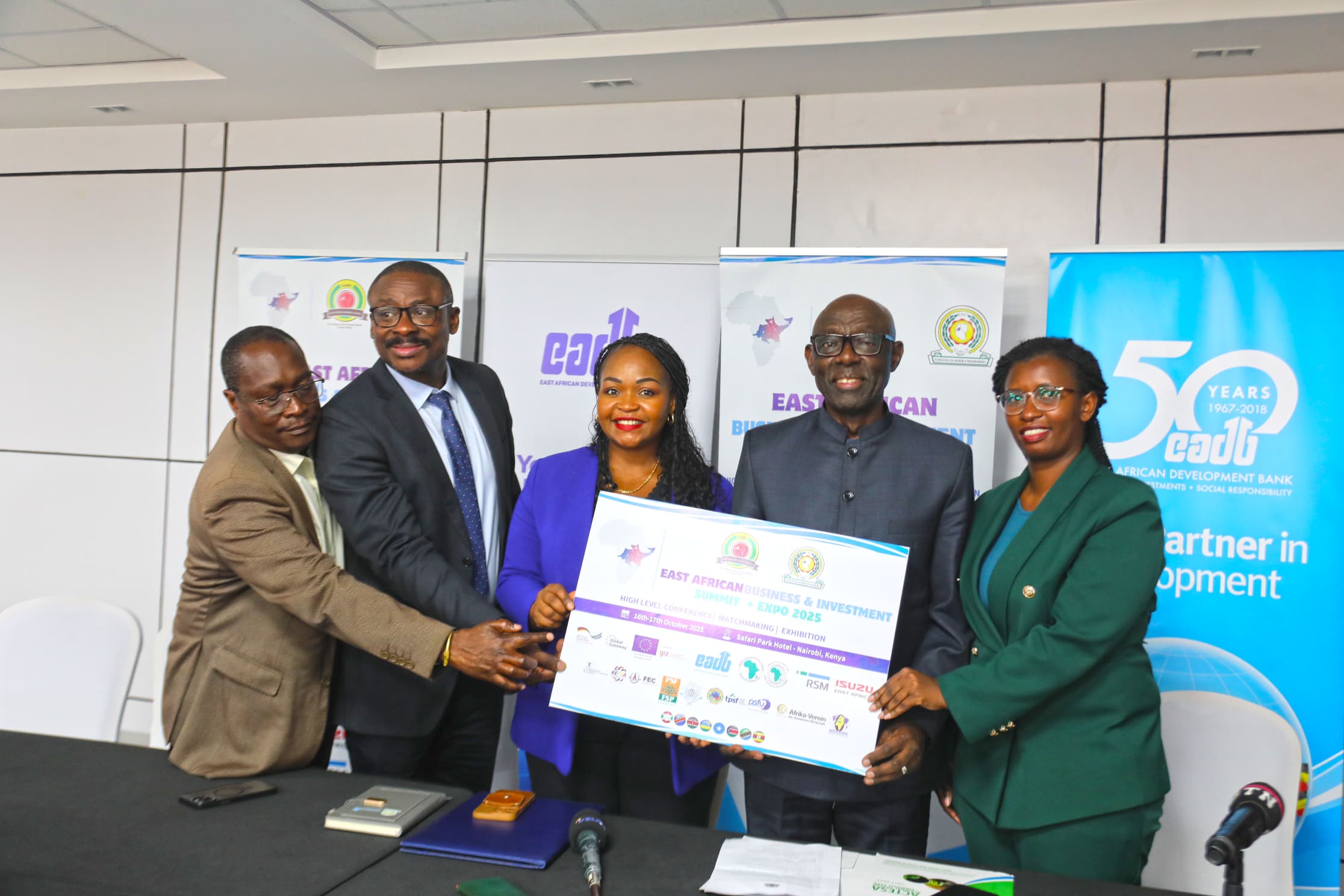
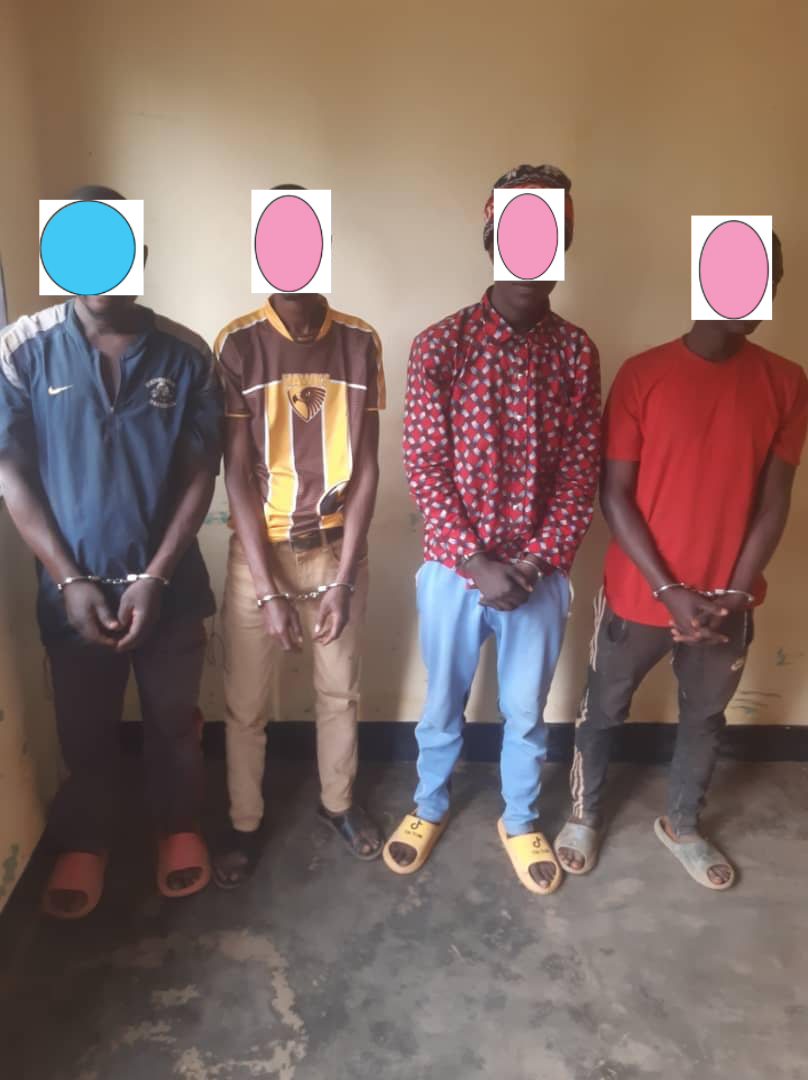
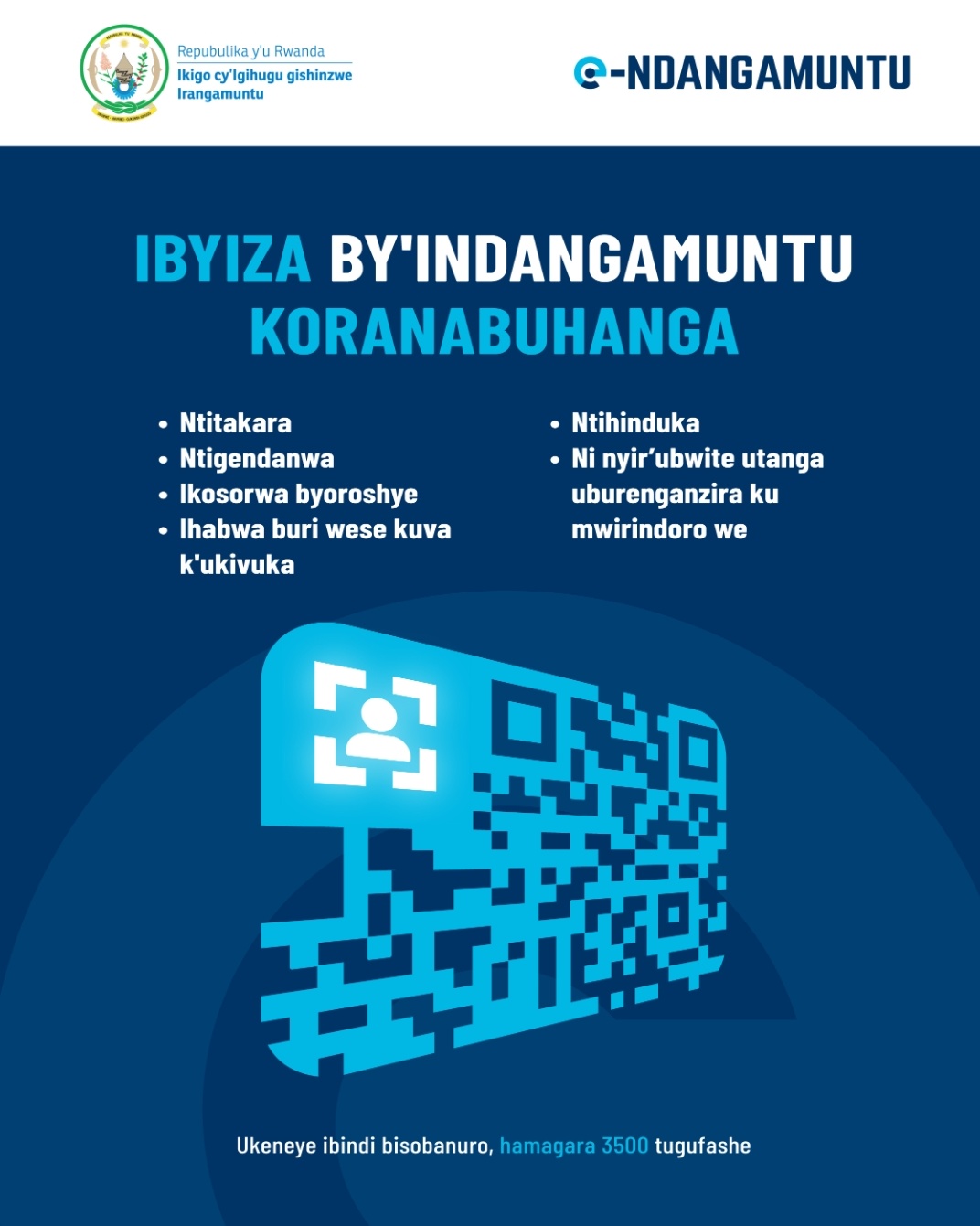
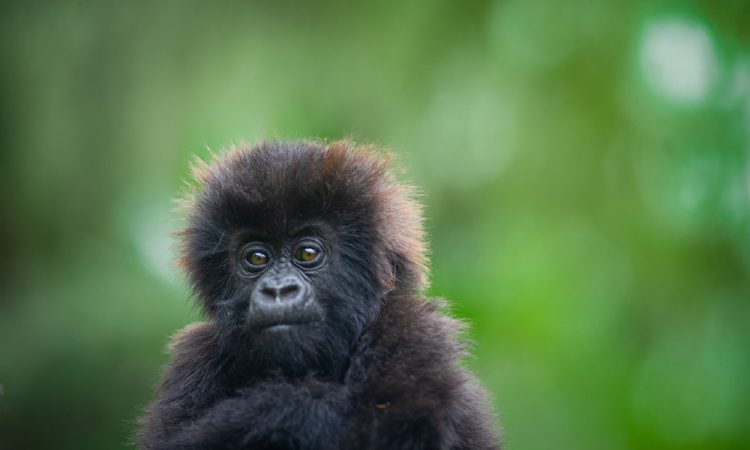
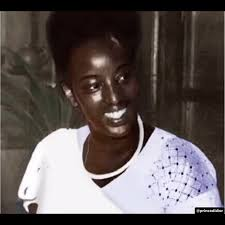
Depok 25 Bonus 25 pakwin69